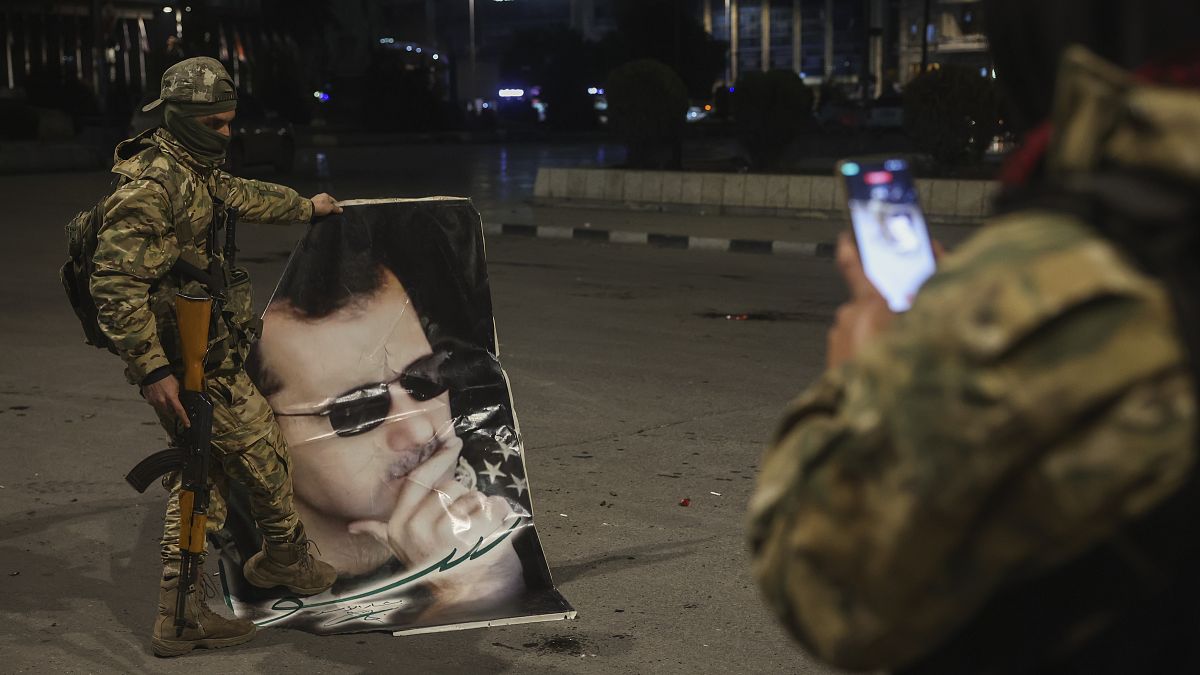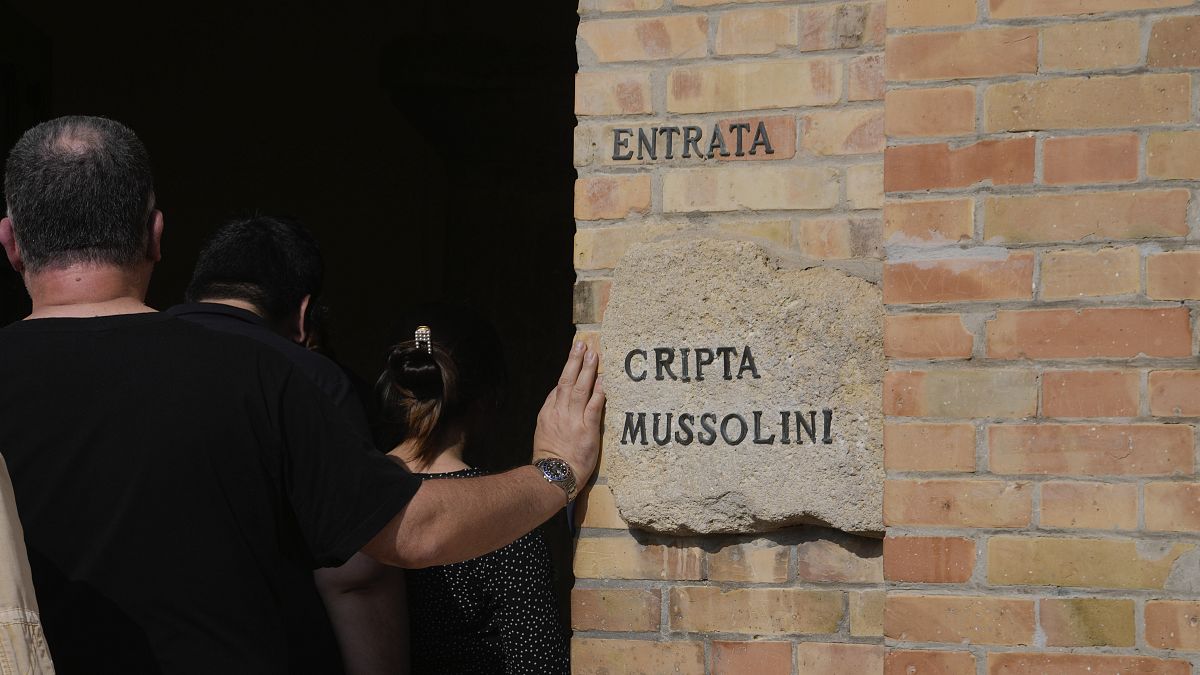Zelenskyy outlines a vision for ending the ‘hot stage’ of the war
The Ukrainian president says he needs to strike a deal with Putin to deescalate and not strike energy and food facilities.
KYIV — Ukraine and Russia need to agree to stop hitting crucial civilian energy and food infrastructure as a first step to winding down the most aggressive phase of the war, Ukrainian President Volodymyr Zelenskyy told reporters this week.
Movement on that — plus possible U.S. efforts after next month’s presidential election — could signal “that Russia is ready to end the war,” he said.
It’s part of a broader push to look for an end to the fighting, as the Ukrainian president sells his victory plan in Washington and across Europe. The plan is based on a strong security guarantee in the form of an invitation to join NATO, speedy weapons supplies, no restrictions on hitting targets inside Russia, a powerful non-nuclear deterrence package, as well as international pressure on Russia to stop the war and stick to international law.
But after his latest European trip, Zelenskyy brought home no NATO invitation and no end to the ban on long-range strikes — prompting him to hunt for other ways to mitigate the worst consequences of the war.
The idea is to show Russian leader Vladimir Putin that, in the third year of fighting, he can’t win the war and that it makes sense to start talking.
A first step would be to curtail the most dangerous forms of attacks, a tired-looking Zelenskyy, dressed in his signature black sweater and cargo pants, told reporters gathered in a baroque-style meeting hall in the presidential office.
Zelenskyy mentioned reaching a mutual agreement with Russia not to strike each other’s energy facilities. While Russia frequently hits Ukraine’s power plants, Kyiv also attacks electricity substations in border regions of Russia and has been bombing Russian refineries and oil storage depots.
“In other words: we do not attack their energy; they do not attack our energy. Does this lead to the end of the hot stage? I think so. Because this is a part of the war that is very dangerous for us,” Zelenskyy said. Ukraine faces a cold and dark winter after Russia escalated its attacks on power stations and electricity distribution and transmission facilities.
The demand to stop attacking energy facilities is part of a wider deescalation vision Ukraine has been pushing since the Global Peace Summit in Switzerland in June. More than 80 countries agreed to help Kyiv press Russia to fulfill three crucial points of the Ukrainian peace formula: energy security, food security and the return of all POWs.
“If we agree together with partners … that the parties do not strike on energy infrastructure, it will mean deescalation,” Zelenskyy added.
The same goes for food security.
Ukraine takes great pride in sinking or disabling about a third of Russia’s Black Sea Fleet and restoring the ability of cargo ships to access Ukrainian ports. But recently Russia has started bombing those ports almost daily, as well as attacking civilian cargo vessels and wounding crews.
“If your corridor is working, the ports and Odesa are not attacked … If we are talking about free navigation, no one has the right to strike at civilian ships and it is not possible to block the seas, especially the Black Sea,” Zelenskyy said.
Any deal with Moscow that commits both sides not to attack each other’s energy and food infrastructure does not mean an end to the general war, Zelenskyy cautioned.
“This does not mean that they will not use, for example, drones against some of our military targets, and we will not attack their military targets,” he added.
But talking to the Kremlin could help set the path for wider peace talks.
“Diplomacy. Any negotiations, I believe, will mean another stage of the war. This does not mean that there are no defensive or offensive actions. But in any case, when diplomatic steps are taken, it leads to the end of the hot stage of the war,” Zelenskyy said.
For now, Moscow has shown no sign of backing away from its maximalist goals of getting Ukraine to cede some of its territory, demilitarize, grant special rights right to Russian speaker and “de-Nazify” — amounting to Kyiv’s capitulation.
Peace is possible, but it would “involve the Kyiv regime recognizing the futility of its current policies, coming to terms with the need for a more realistic approach, and understanding the underlying causes that led to the ongoing conflict,” Kremlin spokesperson Dmitry Peskov said earlier this month.
What's Your Reaction?



















































